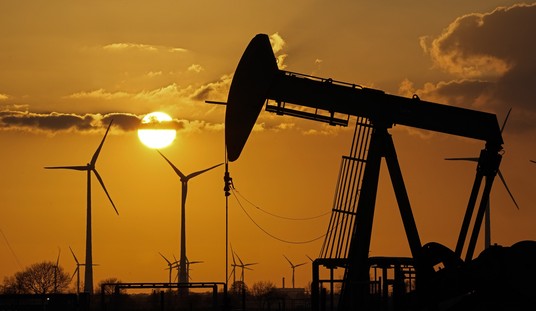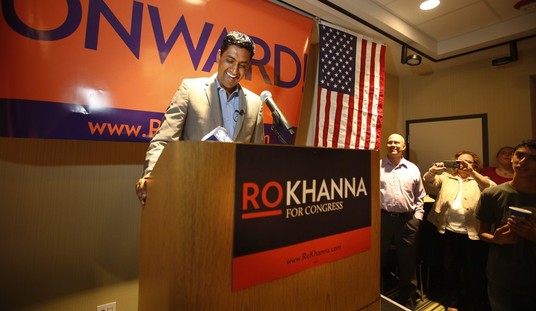The Economist has been skeptical about Germany’s oh-so-grandiose “green” plans to almost completely phase themselves away from nuclear and fossil fuels for awhile now, but now that the bill for Germany’s outsized ambitions is coming due in the form of so far increased carbon emissions and the planned construction of more coal plants, the gloves are coming off.
More a marketing slogan than a coherent policy, the Energiewende is mainly a set of timetables for different goals. Germany’s last nuclear plant is to be switched off in 2022. The share of renewable energy from sun, wind and biomass is meant to rise to 80% of electricity production, and 60% of overall energy use, by 2050. And emissions of greenhouse gases are supposed to fall, relative to those in 1990, by 70% in 2040 and 80-95% by 2050. …
The difference between the market price for electricity and the higher fixed price for renewables is passed on to consumers, whose bills have been rising for years. An average household now pays an extra €260 ($355) a year to subsidise renewables: the total cost of renewable subsidies in 2013 was €16 billion. Costs are also going up for companies, making them less competitive than rivals from America, where energy prices are falling thanks to the fracking boom. …
Cost is not the only problem with the Energiewende. It has in effect turned the entire German energy industry into a quasi-planned economy with perverse outcomes. At certain times on some days, sun and wind power may provide almost all German electricity. But the sun does not always shine, especially in winter, and the wind is unpredictable. … So conventional power plants have to stay online in order to assure continuous supply.
And opening more conventional power plants means more coal, that most dreaded of fossil fuels. This just did not go according to plan, did it? Via RealClearEnergy:
For all the talk about wind and solar, Germany’s Energiewende is producing one big result – a return to coal. For an entire week last December, Germany’s 23,000 windmills stood perfectly still. Solar didn’t produce much power, either. Gas is still too expensive and so, unless the Germans are planning to do without power for weeks at a time, they need something to replace their nuclear reactors. That is coal.









Join the conversation as a VIP Member